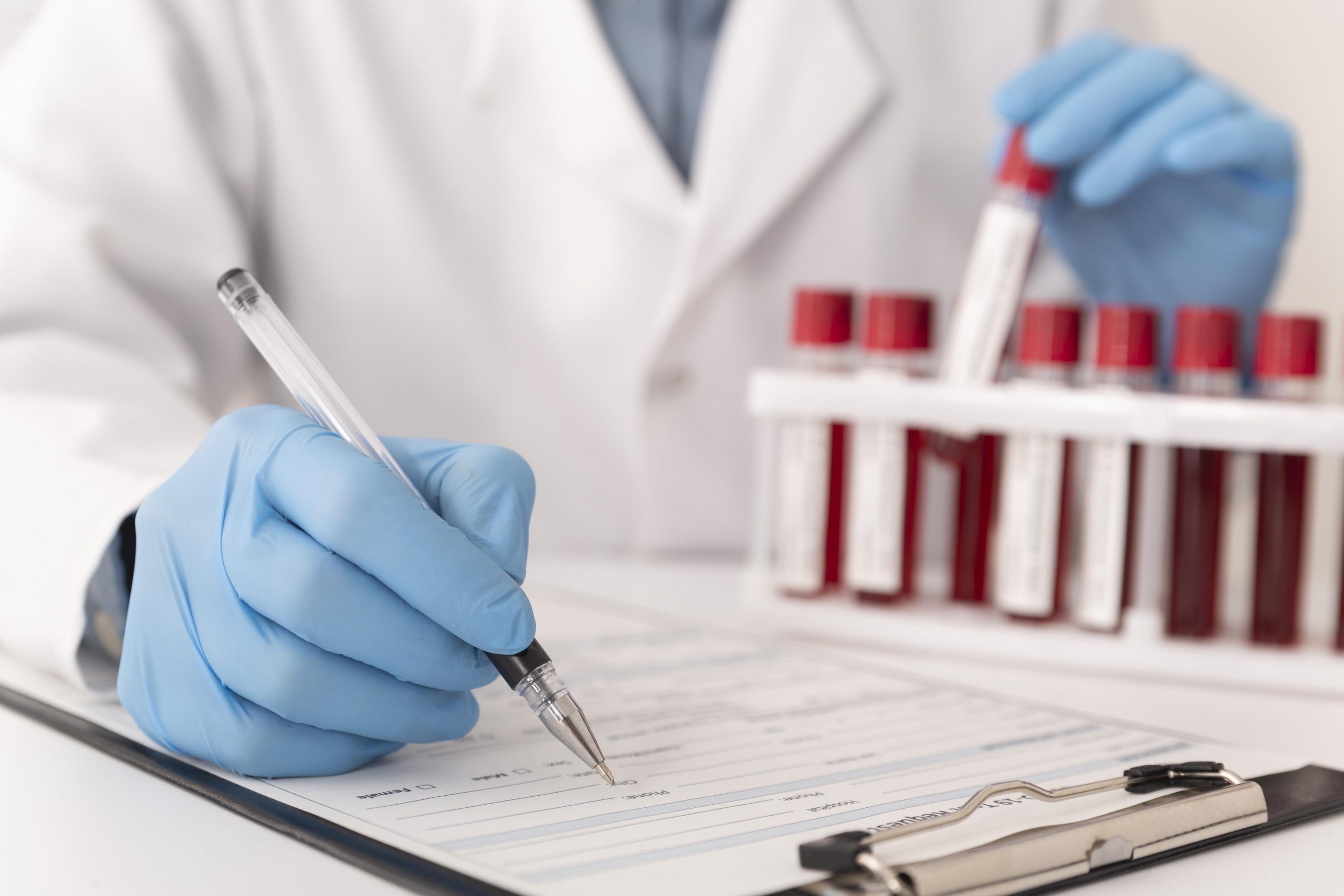Prevention Starts with Policy: Why Routine Drug and Alcohol Testing Matters
28 June 2025
5 Mins Read

toc impalement
Why is drug testing important in the workplace? Yes! That is exactly what we are going to talk about in this blog, but first let’s take a look at the matter.
In the US, drug and alcohol abuse cost around billions of dollars! This also includes high turnover rates among employees, lower productivity, increased compensation claims, ans lastly, accidents.
Pretty complicated stuff for a workplace to handle.
The US Department of Justice says around 50% of workplace mishaps and 40% of employee theft are caused by drug abuse.
The National Council on Alcoholism and Drug Dependence, or NCADD, also added a report that says 70% of the 14.8 million US drug-abusing citizens are employed. Pretty concerning, isn’t it?
The majority of the industries focus on both precision and safety. Even a single incident of harm can cause serious damage, with long-term consequences.
So, prevention is necessary. The process of implementing routine drug and alcohol screening should be integrated into a broader workplace safety strategy.
This way, your business can reduce the risky behaviour and further foster the culture of accountability.
This is more than just a compliance checkbox. It is a clear and consistent testing policy that demonstrates your commitment to employee well-being and operational integrity.
So, yes, you can prevent problems before they arise!
The Hidden Dangers Of Ignoring Workplace Substance Use
Even if you feel like your workplace is at low risk! Substance misuse can have a subtle yet significant impact on the safety, performance, and culture of the company.
Whether it is during or outside working hours, employees who are strongly affected by drugs or alcohol are most likely to miss shifts and struggle with productivity.
For your business, this can lead to reputational harm for your workers. In regulated industries, the stakes are even higher, with potential breaches in compliance or licensing requirements. Ignoring the issue doesn’t make it go away.
It just delays the consequences. By addressing it early through policy and support, you help protect your team and your business from preventable risks.
Routine Testing Isn’t Just A Rule, It’s A Safety Shield
Now, you cannot just say alcohol and drug testing is some kind of routine. It is even more than just a compliance measure. You can say this is more like a proactive tool.
You can use it to protect both your people and your entire operation. Once your employees know that testing is in place, they can stop causing risks, maintain the standard, and further encourage personal responsibility.
You can help build great confidence in your team. Moreover, regular testing can also help identify various issues and provide support before they occur.
By embedding testing into your safety culture, your business conveys a clear message: safety is paramount, and everyone plays a crucial role in upholding it.
Stay Compliant, Stay Protected: What The Law Says
Workplace drug and alcohol testing isn’t just a best practice. It may also be a legal requirement for regulated industries like:
- Transportation,
- Mining, and
- Construction.
Now, the laws vary by state and sector. Therefore, your business must provide a safe working environment in accordance with Work Health and Safety (WHS) legislation.
Additionally, the implementation of a routine testing program demonstrates that you’re taking reasonable steps to manage risks.
And what else? Well, it can also protect you from potential fines in the event of an incident. You can stay compliant by regularly reviewing your obligations.
Furthermore, you can ensure your policy aligns with current legal standards and industry expectations.
Building A Policy That Works And Stands Up To Scrutiny
So, why is drug testing important in the workplace? A well-written drug and alcohol policy provides the foundation for consistent and legally defensible action.
It should clearly outline your expectations, testing procedures, disciplinary steps, and available support options.
To be effective, your policy must align with both your industry standards and workplace health and safety obligations.
You may want to consult legal or HR professionals during development to ensure your approach is compliant and reasonable.
Regularly review the policy to ensure it remains up to date with legislative changes and evolving business needs. Most importantly, communicate it clearly to your team so expectations are understood and consistently upheld across the organisation.
Why Is Drug Testing Important In The Workplace
First things first, drug testing can strongly prevent workplace accidents. Using substances can significantly increase the risk of injuries and accidents in the workplace. Let’s say one of your employees is under the influence.
They are most likely to cause major accidents, resulting in severe injuries and substantial property damage. So, the implementation of drug testing is very necessary.
Secondly, drug testing can be useful in enhancing employee productivity and accountability. See! Drug testing primarily helps to assess an employee’s behavior and performance standards.
So, once your employees know about the protocol, they are most likely to adhere the rules and regulations.
Getting Buy-In: How To Build Trust Around Testing
Introducing a drug and alcohol testing policy can raise concerns if it isn’t handled with care. To gain employee support, your business should be transparent about the reasons for conducting the test.
Framing it as a safety measure, not a disciplinary tool. Communicate early, explain the policy clearly, and offer opportunities for questions or feedback.
Apply the policy consistently to build trust and avoid perceptions of bias. You may also want to include access to support programs or counselling for those who need help.
When staff feel respected and informed, they’re more likely to view testing as part of a shared commitment to workplace safety.
Start With Policy, Lead With Safety
A clear, well-communicated drug and alcohol policy is one of the most effective ways to prevent incidents before they happen.
It protects your team, supports a safer workplace, and helps your business stay compliant with legal and industry standards.
Whether you’re starting fresh or reviewing an existing policy, taking action now shows leadership and long-term thinking.
READ MORE:

















